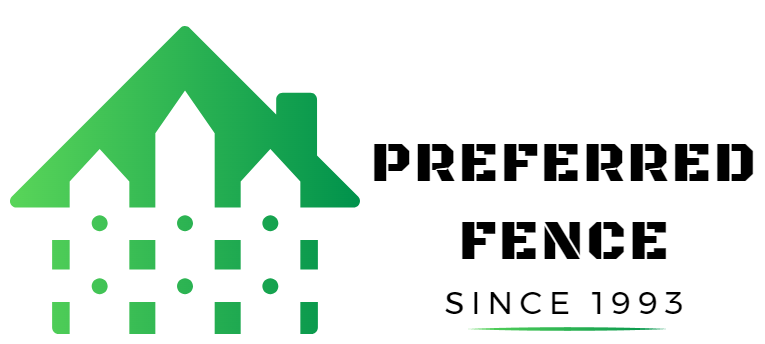Blog Layout
How to Choose the Right Fence for Your Staten Island Home
February 19, 2024
Expert Tips and Considerations for Selecting the Perfect Fence
Introduction:
Choosing the right fence for your Staten Island home is an important decision that can enhance your property's security, privacy, and curb appeal. With various options available, it's essential to consider factors such as material, style, and functionality to find the perfect fence that meets your needs and complements your home's aesthetic. In this guide, we'll explore key considerations to help you make an informed decision when selecting a fence for your Staten Island residence.
Factors to Consider When Choosing a Fence:
Purpose and Functionality:
Before selecting a fence, determine its primary purpose. Are you looking to enhance security, create privacy, define boundaries, or simply add visual appeal to your property? Understanding the intended function of the fence will guide your decision-making process and help you choose the most suitable option.
Material:
Different fencing materials offer varying levels of durability, maintenance requirements, and aesthetic appeal. Common materials for residential fences include wood, vinyl, aluminum, and wrought iron. Consider the pros and cons of each material in terms of longevity, maintenance, and cost to determine which best aligns with your preferences and budget.
Style and Design:
The style of your fence should complement your home's architecture and landscaping while reflecting your personal taste. Whether you prefer the classic charm of a picket fence, the modern sleekness of a horizontal slat fence, or the ornate elegance of an iron fence, choose a style that enhances your home's curb appeal and adds value to your property.
Height and Privacy:
Consider the desired height of your fence based on the level of privacy you wish to achieve. Taller fences provide greater privacy and security but may require zoning approvals and adherence to local regulations. Be sure to check with your homeowner's association and local authorities to ensure compliance with height restrictions and property line setbacks.
Maintenance Requirements:
Evaluate the maintenance needs of different fence materials to ensure they align with your lifestyle and preferences. While some materials, like vinyl and aluminum, require minimal upkeep and are resistant to rot, decay, and insect damage, others, such as wood, may need regular staining or sealing to maintain their appearance and longevity.
Climate and Environmental Factors:
Consider the climate and environmental conditions of Staten Island when choosing a fence material. Factors such as saltwater exposure, high winds, and humidity can impact the durability and lifespan of certain materials. Opt for materials that are suited to withstand Staten Island's climate and weather conditions for long-lasting performance.
Budget:
Establish a budget for your fence project and factor in all associated costs, including materials, installation, permits, and maintenance. Compare quotes from multiple fencing contractors to ensure you're getting a competitive price for the quality of workmanship and materials offered.
Conclusion:
Choosing the right fence for your Staten Island home requires careful consideration of various factors, including purpose, material, style, functionality, and budget. By assessing your needs and preferences and consulting with experienced fencing professionals, you can select a fence that enhances the beauty, security, and value of your property for years to come. Whether you opt for a classic wooden picket fence, a low-maintenance vinyl privacy fence, or an elegant wrought iron fence, investing in the right fence will transform your Staten Island residence into a haven of comfort and style.
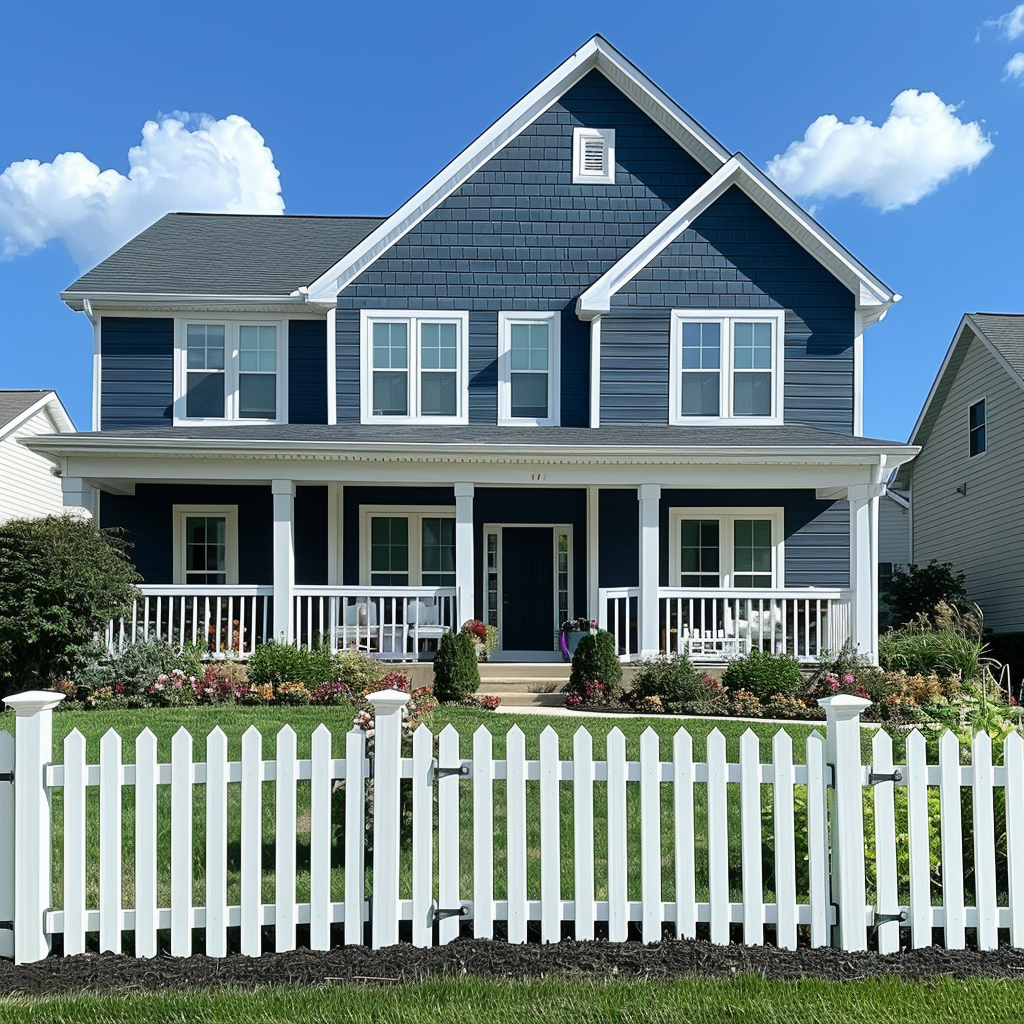
June 13, 2024
Enhance Your Property's Privacy, Security, and Curb Appeal with Durable, Low-Maintenance Vinyl Fencing When it comes to enhancing your property's curb appeal and ensuring privacy and security, choosing the right fence is crucial. For homeowners in Staten Island, New York, vinyl fences have become a popular choice due to their durability, aesthetic appeal, and low maintenance requirements. In this comprehensive guide, we'll explore the benefits of vinyl fences, why they are ideal for Staten Island properties, and tips for choosing the perfect vinyl fence for your home. Why Choose Vinyl Fences? 1. Durability and Longevity Vinyl fences are known for their exceptional durability. Unlike wood or metal, vinyl does not rot, rust, or warp. This makes vinyl fencing an excellent long-term investment, particularly in Staten Island's diverse weather conditions. Vinyl can withstand heavy rain, snow, and even the salty air from nearby beaches. 2. Low Maintenance One of the biggest advantages of vinyl fencing is its low maintenance requirements. Vinyl fences do not need painting or staining, and cleaning is as simple as hosing them down with water. This is a significant benefit for busy Staten Island homeowners who want a beautiful fence without the hassle of regular upkeep. 3. Aesthetic Appeal Vinyl fences come in a variety of styles, colors, and textures, allowing you to choose a design that complements your home's architecture and landscaping. Whether you prefer the classic look of a white picket fence or a modern, sleek design, there is a vinyl fence that suits your taste. 4. Eco-Friendly Vinyl fences are environmentally friendly as they are made from recyclable materials. Choosing vinyl over traditional wood helps reduce deforestation and minimizes your carbon footprint. Why Vinyl Fences are Perfect for Staten Island 1. Weather Resistance Staten Island experiences a range of weather conditions, from hot, humid summers to cold, snowy winters. Vinyl fences are designed to withstand these extreme conditions without deteriorating, making them a smart choice for the local climate. 2. Enhanced Privacy and Security In densely populated areas like Staten Island, privacy and security are top concerns for homeowners. Vinyl fences provide a solid barrier that enhances privacy and keeps unwanted intruders out, giving you peace of mind. 3. Increase Property Value A well-maintained, attractive vinyl fence can significantly boost your property's curb appeal and overall value. Potential buyers in Staten Island are likely to appreciate the aesthetic and practical benefits of a vinyl fence, making your home more appealing on the market. Tips for Choosing the Perfect Vinyl Fence 1. Consider Your Needs Before selecting a vinyl fence, think about your primary needs. Are you looking for privacy, security, or simply to enhance your yard's appearance? Your specific needs will help determine the height, style, and color of your fence. 2. Check Local Regulations Staten Island has specific regulations and codes regarding fence installation. Make sure to check with local authorities or a professional fencing company to ensure your fence complies with all local rules and regulations. 3. Choose a Reputable Installer While vinyl fences are relatively easy to install, hiring a professional ensures the job is done correctly and efficiently. Look for reputable fencing companies in Staten Island with positive reviews and a portfolio of completed projects. 4. Explore Customization Options Vinyl fences offer numerous customization options. You can choose from different heights, colors, and styles, including picket, privacy, and semi-privacy designs. Some manufacturers also offer decorative elements such as lattice tops and post caps to add a unique touch to your fence. 5. Budget Wisely While vinyl fences are a cost-effective option in the long run, the initial investment can be higher than other materials. Set a budget and explore different options within your price range. Remember that the long-term benefits often outweigh the upfront costs. Conclusion Vinyl fences are an excellent choice for Staten Island homeowners seeking a durable, low-maintenance, and attractive fencing solution. With their weather resistance, aesthetic versatility, and minimal upkeep, vinyl fences provide long-term value and enhance your property's appeal. By considering your specific needs, complying with local regulations, and choosing a reputable installer, you can enjoy the many benefits of a beautiful vinyl fence for years to come.
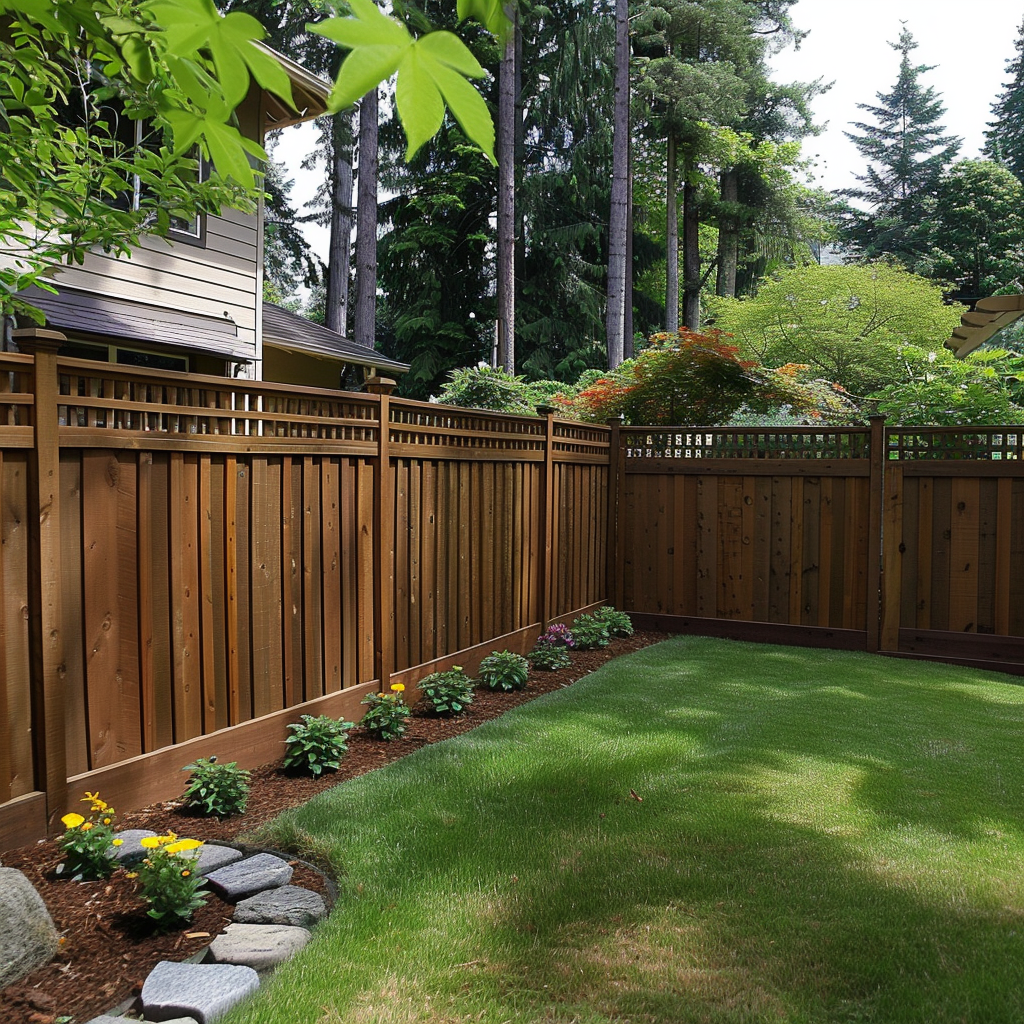
February 19, 2024
Discover the enduring allure and practical benefits of wood fences in our comprehensive guide. From their rich history to customizable design options and eco-friendly considerations, explore why wood fences remain a beloved choice for homeowners seeking timeless elegance and functional versatility in their outdoor spaces.

February 19, 2024
Explore the enchanting world of picket fences in our latest blog post. Discover the rich history, charming designs, and practical benefits of these iconic fences, and learn why they continue to be a beloved choice for homeowners seeking classic elegance and timeless appeal in their outdoor spaces.
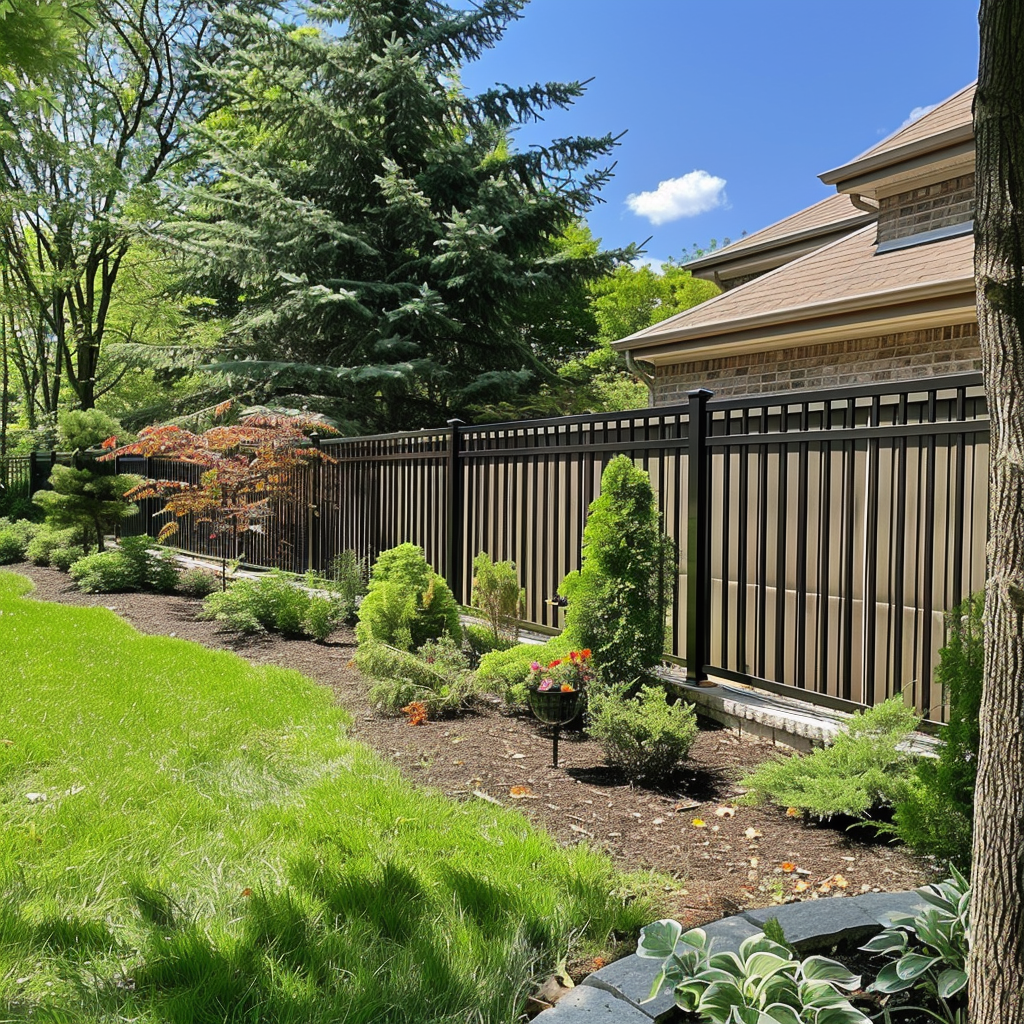
February 18, 2024
Experience the beauty and benefits of aluminum fences with our comprehensive guide. Discover why aluminum fences have become a popular choice for homeowners and property owners seeking durability, versatility, and aesthetic appeal. From construction and installation to maintenance tips and applications, explore the advantages of aluminum fences for residential and commercial properties alike. Learn how aluminum fences provide security, enhance curb appeal, and offer eco-friendly solutions for your outdoor space. Dive into our guide to unlock the full potential of aluminum fencing for your property.
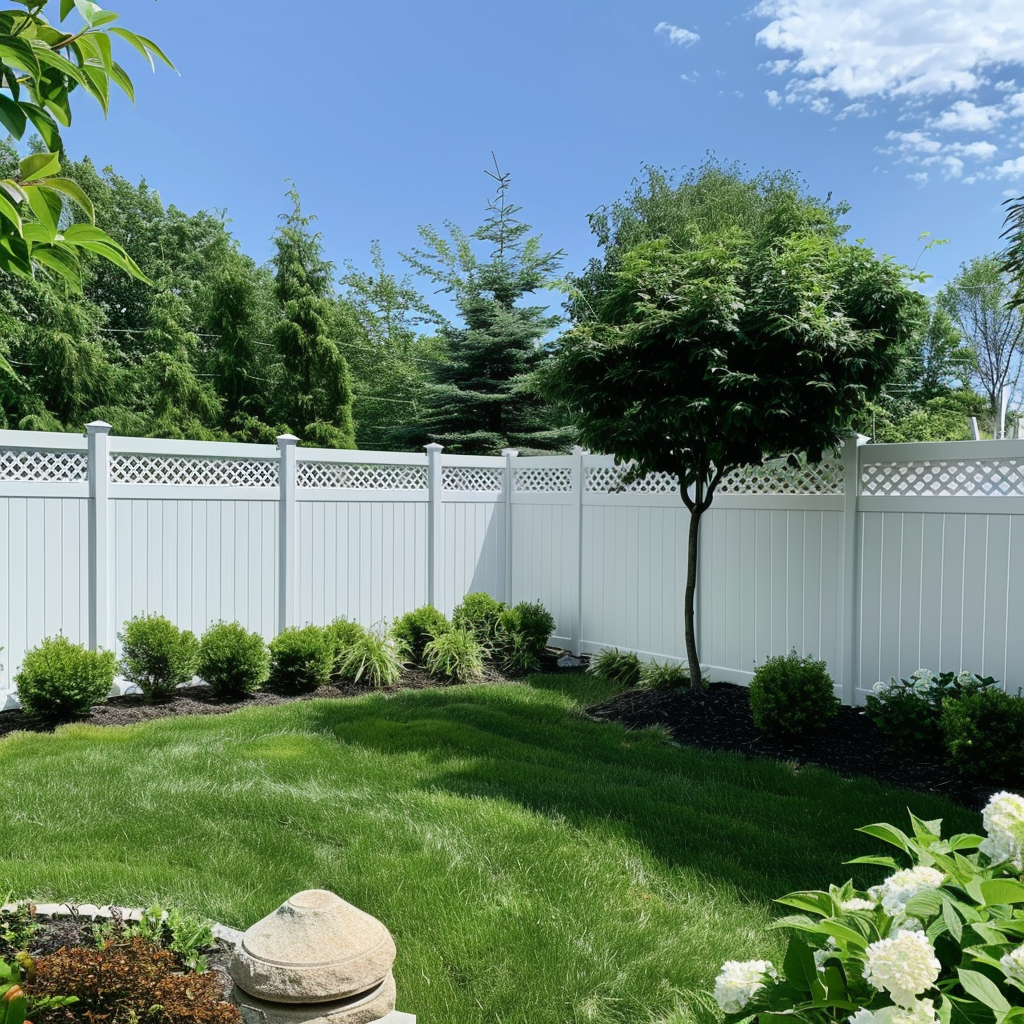
February 18, 2024
PVC, or polyvinyl chloride, fences have become increasingly popular in recent years due to their durability, versatility, and aesthetic appeal. In this comprehensive guide, we'll delve into the various aspects of PVC fences, exploring their construction, benefits, maintenance, and applications. Introduction: PVC fences, also known as vinyl fences, are constructed from polyvinyl chloride resin, making them incredibly durable and resistant to the elements. Unlike traditional wood fences, PVC fences do not rot, warp, or splinter, making them an ideal choice for homeowners seeking a low-maintenance fencing solution with long-lasting performance. Construction and Installation: PVC fences are made from extruded PVC profiles that are assembled into panels or sections. These panels are then attached to posts, which are typically made of metal or PVC. PVC fences come in a variety of styles and colors, ranging from traditional picket fences to privacy fences with lattice or decorative accents. The installation process for PVC fences is relatively straightforward and can be completed by experienced DIYers or professional contractors. It typically involves digging post holes, setting the posts, and attaching the fence panels using brackets or screws. With proper installation, PVC fences can provide years of reliable performance and enhance the appearance of any property. Benefits of PVC Fences: Durability: PVC fences are incredibly durable and resistant to rot, decay, and insect damage. They are designed to withstand harsh weather conditions, including high winds, heavy rain, and extreme temperatures, without warping, cracking, or fading. Low Maintenance: Unlike wood fences that require regular painting, staining, and sealing to maintain their appearance, PVC fences require minimal maintenance. A simple rinse with soap and water is typically all that's needed to keep a PVC fence looking like new. Versatility: PVC fences come in a variety of styles, colors, and textures, allowing homeowners to choose the perfect fence to complement their property's architecture and landscaping. Whether you prefer the classic look of a white picket fence or the privacy of a solid panel fence, there's a PVC fence option to suit your taste and needs. Longevity: PVC fences are built to last, with many manufacturers offering lifetime warranties on their products. Unlike wood fences that may need to be replaced every 10-15 years, PVC fences can last a lifetime with proper care and maintenance, making them a smart investment for homeowners. Environmentally Friendly: PVC fences are made from recyclable materials and can be recycled at the end of their lifespan, making them an environmentally friendly fencing option. Additionally, PVC fences do not require the use of harmful chemicals or treatments, making them safe for pets, children, and the environment. Applications of PVC Fences: PVC fences are incredibly versatile and can be used in a wide range of applications, including: Residential Fencing: PVC fences are a popular choice for residential properties due to their durability, low maintenance, and aesthetic appeal. Whether you're looking to add curb appeal to your home with a decorative picket fence or create a private oasis in your backyard with a solid panel fence, PVC fences offer a stylish and practical solution. Commercial Fencing: PVC fences are also used in commercial settings, such as businesses, schools, and parks, to provide security, define boundaries, and enhance the appearance of the property. With their durability and low maintenance requirements, PVC fences are an ideal choice for commercial applications where long-term performance is essential. Pool Fencing: PVC fences are commonly used as pool fences due to their durability, safety features, and compliance with building codes. With their smooth, non-porous surface, PVC fences are resistant to moisture and are easy to clean, making them an excellent choice for pool areas where hygiene is a priority. Garden Fencing: PVC fences are often used to enclose garden areas, providing a decorative and functional barrier to keep out pests and animals. With their wide range of styles and colors, PVC fences can complement any garden design while providing years of reliable performance. Maintenance Tips for PVC Fences: While PVC fences are low maintenance, there are a few simple steps you can take to keep your fence looking its best: Regular Cleaning: Rinse your PVC fence periodically with soap and water to remove dirt, dust, and debris. For stubborn stains, use a mild detergent and a soft brush to scrub the affected area. Inspect for Damage: Periodically inspect your PVC fence for signs of damage, such as cracks, chips, or loose panels. Repair any damage promptly to prevent further deterioration and ensure the longevity of your fence. Trim Vegetation: Trim any vegetation, such as grass or shrubs, that may be growing near your PVC fence to prevent damage from overgrowth or contact with moisture. Avoid Harsh Chemicals: Avoid using harsh chemicals, abrasives, or pressure washers on your PVC fence, as these can damage the surface and void the warranty. Conclusion: In conclusion, PVC fences offer a durable, low-maintenance, and versatile fencing solution for residential and commercial properties alike. With their long-lasting performance, aesthetic appeal, and environmental benefits, PVC fences are an excellent choice for homeowners seeking a stylish and practical fencing option. Whether you're looking to enhance the curb appeal of your home, create a private oasis in your backyard, or define boundaries for your commercial property, PVC fences offer unmatched durability and style. Consider investing in a PVC fence today and enjoy years of reliable performance and beauty for your property.
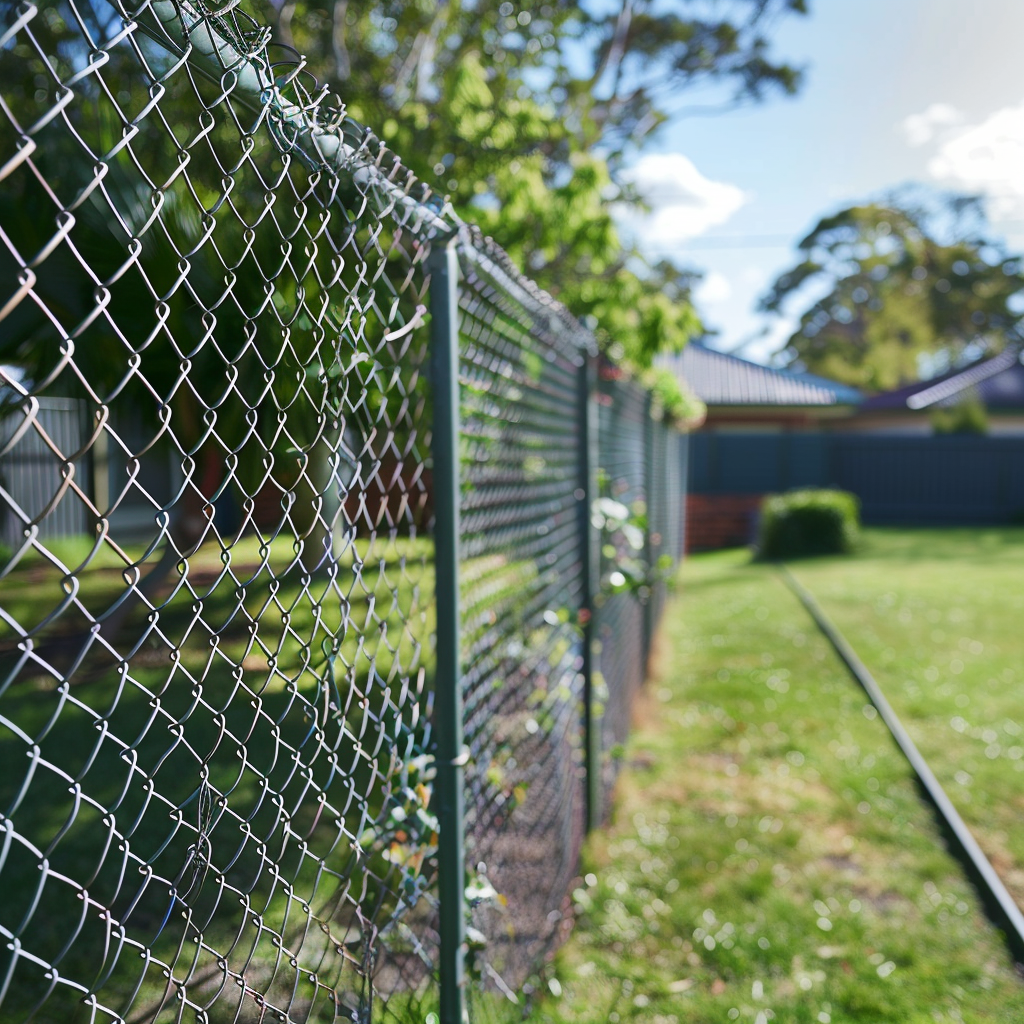
February 18, 2024
Chain link fences have long been a staple in the fencing industry, offering a unique blend of affordability, durability, and versatility. In this comprehensive guide, we'll explore the various aspects of chain link fences, from their construction and installation to their numerous benefits and applications. Introduction: Chain link fences, also known as wire-mesh fences, are woven fences made from galvanized or coated steel wires. They are characterized by their distinctive diamond-shaped pattern and are commonly used in both residential and commercial settings. Despite their simple appearance, chain link fences offer numerous advantages that make them a popular choice for property owners worldwide. Construction and Installation: Chain link fences are constructed from steel wires that are woven together to form a diamond-shaped pattern. The wires are then secured to posts, which are typically made of metal or wood and anchored into the ground. Chain link fences come in various heights and gauges, allowing for customization to suit different needs and preferences. The installation process for chain link fences is relatively straightforward and can be completed by experienced DIYers or professional contractors. It typically involves digging post holes, setting the posts, attaching the chain link fabric, and securing the fence with tension bands, brace bands, and tension wires. With proper installation, chain link fences can provide years of reliable performance and security. Benefits of Chain Link Fences: Affordability: One of the primary advantages of chain link fences is their affordability. Compared to other types of fencing materials, such as wood or vinyl, chain link fences are significantly more cost-effective, making them an ideal choice for budget-conscious property owners. Durability: Chain link fences are known for their durability and resistance to harsh weather conditions, rust, and corrosion. The galvanized or coated steel wires used in their construction ensure long-lasting performance, making chain link fences a low-maintenance fencing option. Versatility: Chain link fences are highly versatile and can be used for a wide range of applications. Whether you need to secure a residential property, protect a commercial facility, or enclose a sports field, chain link fences can be customized to meet your specific needs. Visibility: Unlike solid fences, chain link fences offer visibility, allowing you to see through the fence and monitor activities on both sides. This makes chain link fences an excellent choice for properties where visibility is desired, such as parks, playgrounds, and sports facilities. Quick Installation: Chain link fences can be installed relatively quickly compared to other types of fencing. With the right tools and equipment, a chain link fence installation can be completed in a fraction of the time it takes to install a wood or vinyl fence, saving both time and labor costs. Low Maintenance: Once installed, chain link fences require minimal maintenance to keep them looking great and functioning properly. Occasional cleaning with soap and water, as well as routine inspections for damage or wear, are typically all that's needed to maintain a chain link fence. Applications of Chain Link Fences: Chain link fences are used in a wide range of applications, thanks to their affordability, durability, and versatility. Some common uses of chain link fences include: Residential Fencing: Chain link fences are commonly used to enclose residential properties, providing security, boundary definition, and containment for pets and children. Commercial Fencing: Chain link fences are widely used in commercial settings to secure business premises, protect inventory, and deter trespassers. Recreational Fencing: Chain link fences are often used to enclose sports fields, parks, playgrounds, and recreational facilities, providing a safe and secure environment for outdoor activities. Industrial Fencing: Chain link fences are utilized in industrial settings to secure construction sites, warehouses, and manufacturing facilities, as well as to create barriers for crowd control and temporary enclosures. High-Security Fencing: With the addition of barbed wire or razor wire, chain link fences can be used to create high-security barriers for prisons, military installations, and government facilities. Conclusion: In conclusion, chain link fences offer a winning combination of affordability, durability, and versatility, making them a popular choice for property owners worldwide. Whether you're looking to secure your home, protect your business, or enclose a recreational area, chain link fences provide a reliable and cost-effective solution. With proper installation and maintenance, a chain link fence can provide years of reliable performance and security for your property.
